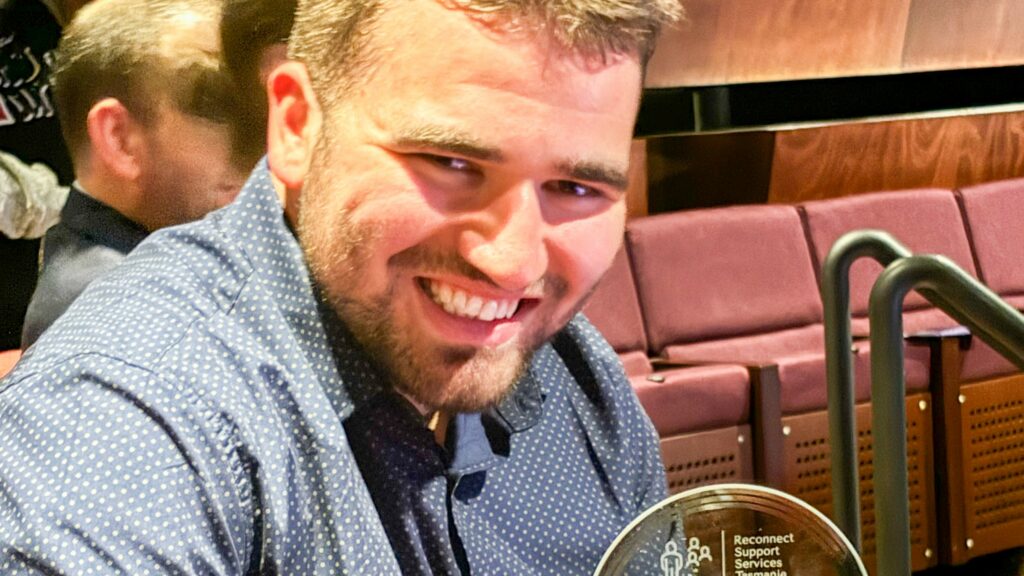Young people looking for an escape from reality often resort to computer games. Now there’s a game that helps them navigate in the real world.
STEPS has come up with a computer game that not only provides enjoyment, but teaches them how to deal with life’s challenges. For high school students with disabilities, leaving school and heading into university can be daunting. So Gary Travers, STEPS’ Northern Queensland National Disability Coordination Officer (NDCO) decided to make learning how to deal with challenges more fun.
In a bid to communicate more effectively with students with disabilities, Gary has joined forces with a group of multimedia game development students from James Cook University (JCU) to create an interactive computer game called Steps For The Future. Funded by the Federal government, the game uses a futuristic storyline with information about the wide array of post-school options and support available to students with disabilities embedded.
“I’ve noted many students with disabilities had concentration difficulties when given information by traditional methods,” Gary said. “These same students talked about how much time they spend playing computer games. I thought we could put the type of message we were trying to convey into a computer game to engage them. “My initial concept was information overload and JCU lecturers and students advised that the game would not be playable or enjoyable in that format,” Gary said.
“Rather than being solely about disability issues, the game is now set in the future and traces the story of the main character who returns to his last year at high school after a jet boarding accident, which resulted in the loss of both his legs,” Gary said. “The character works hard at his studies, gets assistance from others and also helps out his group of friends in various ways. “Together this group face issues common to young people such as the pressure of study, setting goals, bullying, balancing study and parttime work, binge drinking and various disability and medical conditions.”
“The story takes the main character on to tertiary study, part-time employment and then into the job he has always wanted.” Steps For The Future was launched in March and will be circulated to tertiary education facilities and high schools. “We have already received interest for the game and the initial run of 1000 copies will be distributed across our two regions within the first two months after launch. “Because the students are young themselves, it’s not such a leap back for them to think about the style of game they enjoy or would play,” he said. “The students also bought their own slant to the storyline and their own brand of humour in parts of the game.”
The game was originally set up as a class project, however time and study commitments meant that the four students involved – James Harvey, Corey Reitano, Andrew Joy and Matthew Joy – worked directly with Gary afterwards to finish the game. “It’s one of very few, if not the only game that deals directly with disabilities and how to live and work as a person with disability,” Corey said. “It tries to lead people with disability through school and university life, which is pretty unique for a game and was a big challenge.”






